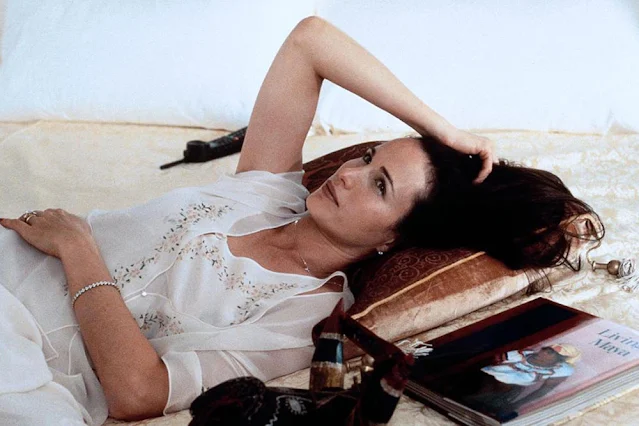 |
| Arthur Brauss in The Goalie's Anxiety at the Penalty Kick |
Cast: Arthur Brauss, Kai Fischer, Erika Pluhar, Libgart Schwarz, Marie Bardischewski, Michael Toost, Bert Fortell, Edda Köchl, Mario Kranz, Ernst Meister, Rosl Dorena. Screenplay: Wim Wenders, Peter Handke, based on Handke's novel. Cinematography: Robby Müller. Production design: Burghard Schlicht, Rudolf Schneider-Manns Au. Film editing: Peter Przygodda. Music: Jürgen Knieper.
As everyone knows, a murder involves motive, means, and opportunity. For Josef Bloch (Arthur Brauss), the opportunity was present, the means handed to him by the victim, but what of the motive? That's the part of the murder that goes unsolved in Wim Wenders's adaptation of the novel by Peter Handke, and failing that, we're left to our own speculations. Which is pretty much the point of the film: Everything we know about another person is speculative, and the speculation goes beyond the character created by Wenders and Handke into the nature of narrative itself. Why are we being told about Bloch's crime and his apparently blithe escape from punishment? When we're told a story we want it to have a meaning, a moral, a special significance. And when the storytellers leave us hanging without resolving our desires for closure we feel dissatisfied, even cheated. Perhaps even, to use an obvious word: anxious. Get it?







.jpg)












